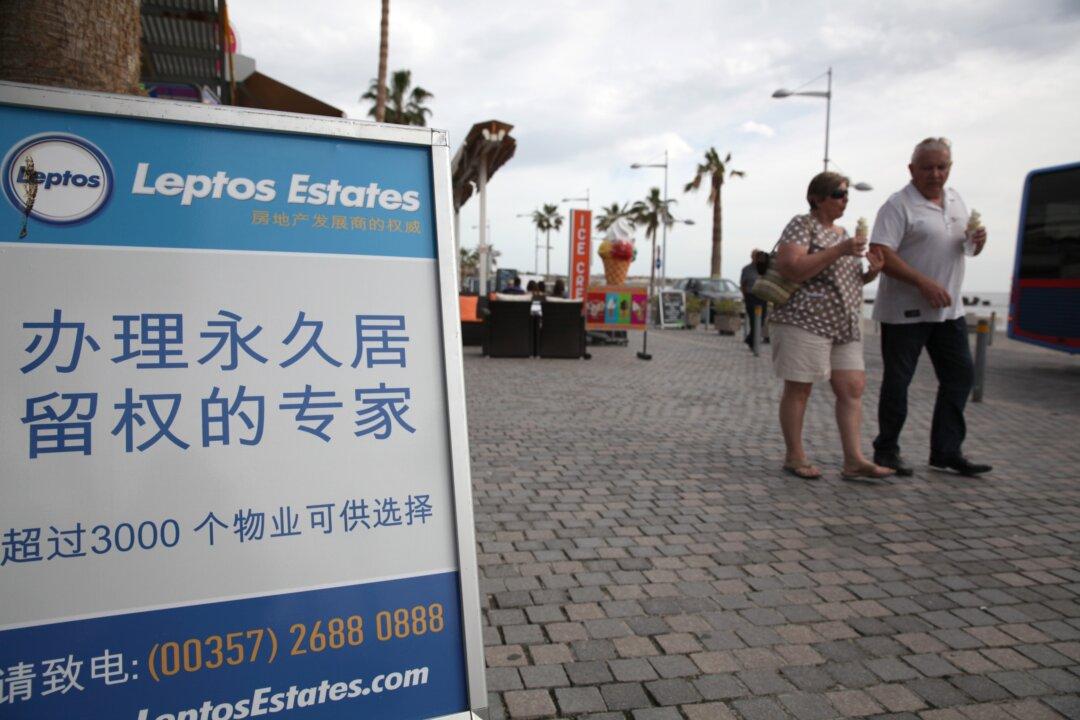A leaked document revealed that some Chinese politicians, billionaires, and criminals obtained Cypriot passports by investing over $2 million in the country.
In fact, Chinese people from different social classes are trying to flee China. Besides immigration through family or work visas, wealthy Chinese have invested their money abroad, while ordinary Chinese or those with less financial resources take the illegal route.





